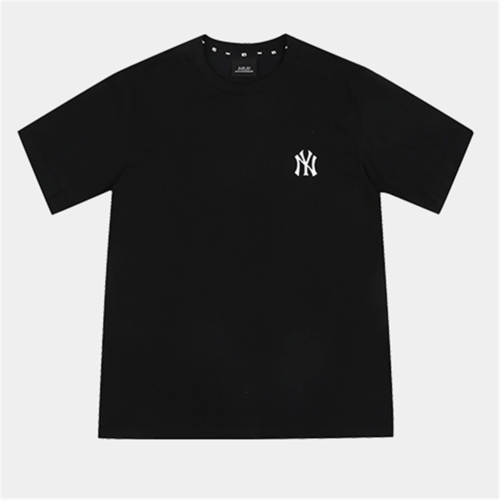When choosing fabrics suitable for winter, we need to consider warmth and comfort. The following are some warm winter fabrics for your reference:
1. Wool: Wool is a very popular winter fabric because of its excellent Known for its thermal properties. Wool has excellent insulation properties, can effectively block the entry of cold air, and can absorb body heat to keep people warm and comfortable. In addition, wool also has good breathability and moisture absorption, making people less prone to sweating.
2. Down: Down is one of the most popular thermal fabrics in winter. Down has very good thermal properties as it provides good insulation and is able to store and maintain body heat. Down jackets are usually filled with goose or duck down, which can form many small air pockets to effectively block cold air and keep the body warm.
3. Windproof cloth: Windproof cloth is a special fabric that plays an important role in keeping warm in winter. It is usually composed of multiple layers of fiber material, which can effectively block the intrusion of cold wind and rain. Windproof fabrics are often used on coats and outerwear to provide people with dual protection from warmth and windproofing.
4. Fabric blending: The blending of some fabrics can also improve warmth retention. For example, fabrics made of wool and polyester fibers have the warmth-keeping properties of wool and the anti-wrinkle and elastic properties of polyester fibers. This fabric blend is warm and comfortable, and is easier to care for and maintain its shape.
5. Suede fabric: Suede fabric is a smooth and soft fabric with fine velvet on its surface. Due to the presence of down, it effectively provides warmth. Suede fabrics are often combined with wool, down, or thermal filling to make people feel warm and comfortable.
6. Woolen fabric: Woolen fabric is a kind of fabric made of fine wool, which has good warmth retention and softness. It is often used to make high-quality warm clothing such as winter jackets and coats. Woolen fabrics have a higher textile density, are not easily ventilated, and can maintain body temperature well.
When choosing winter fabrics, in addition to focusing on thermal performance, comfort, softness and breathability should also be considered. In addition, the craftsmanship and tailoring of the product are also very important, as they can affect the thermal insulation effect. It is recommended to choose regular brands when purchasing winter clothing to ensure the quality and thermal performance of the fabrics.








